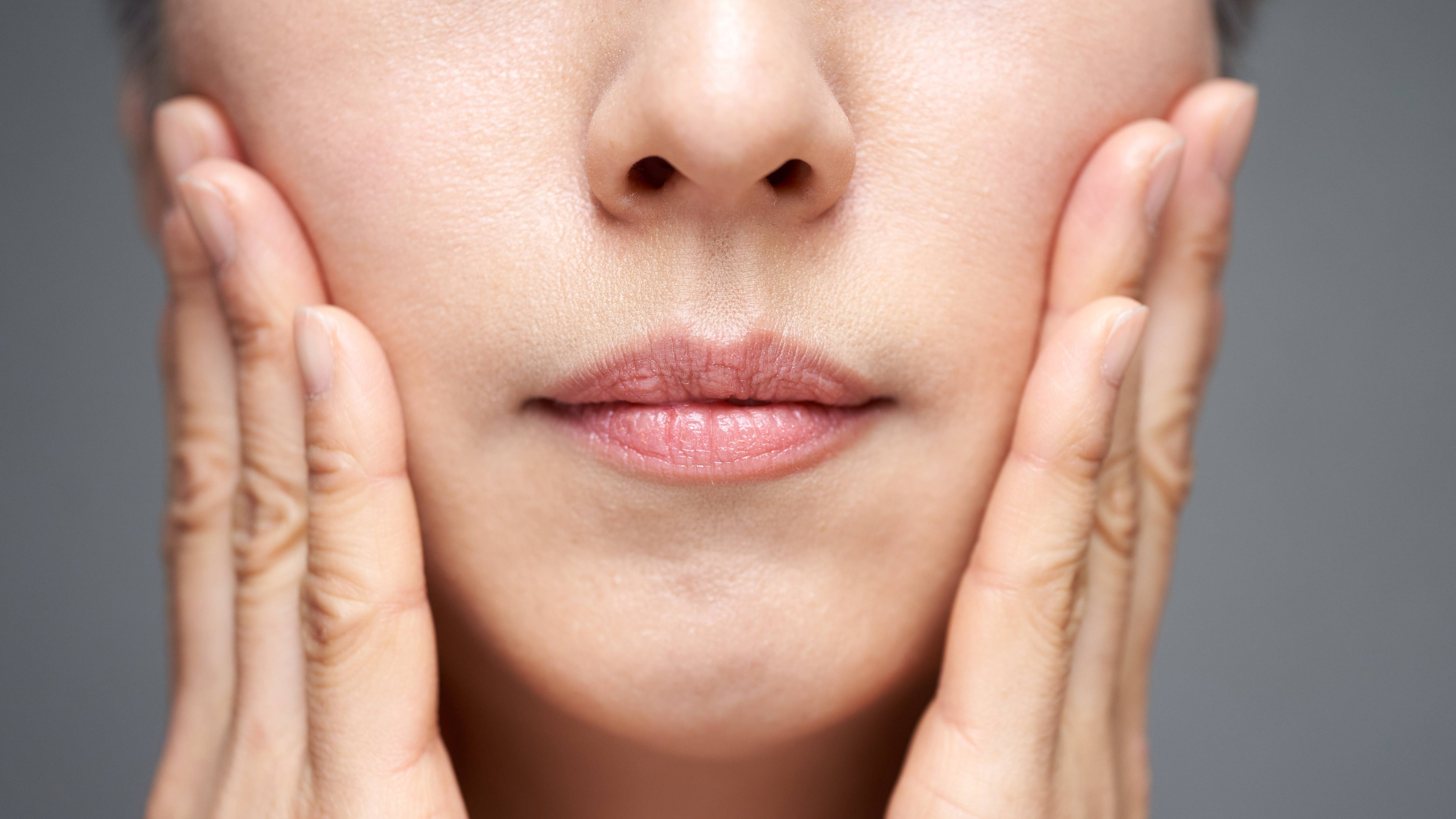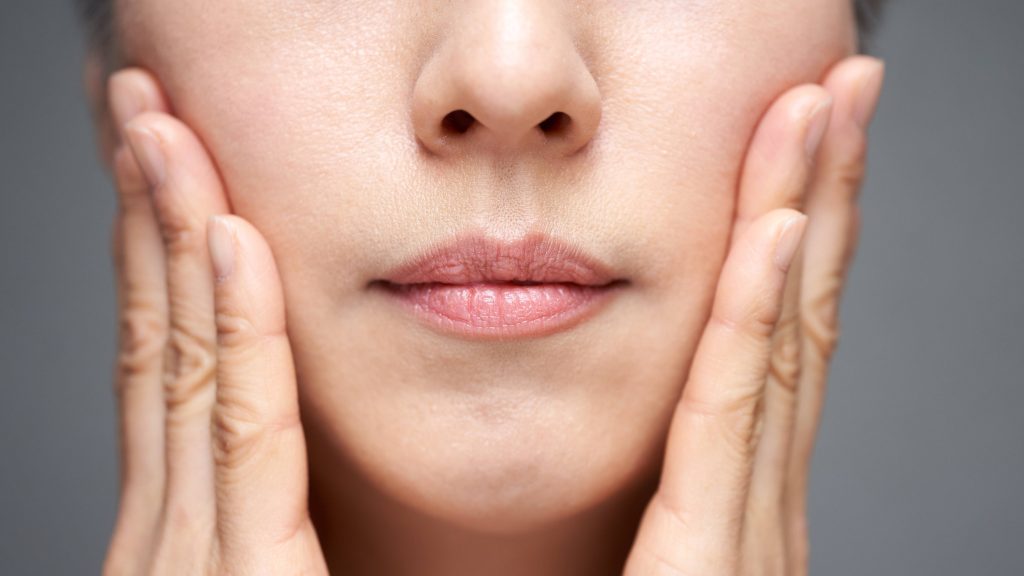-
 Gastroenterology
GastroenterologyBurning mouth syndrome: Why doctors sometimes fight its fire with fire

Menopause is a risk factor for painful condition, Mayo Clinic Healthcare expert explains
LONDON — Hot flashes, mood swings and sleep problems are common as a woman approaches and passes menopause. Much less common but as disruptive is another condition that can afflict perimenopausal and postmenopausal women: burning mouth syndrome. Sarmed Sami, MBChB, a gastroenterologist at Mayo Clinic Healthcare in London, describes the painful condition, how it is diagnosed and why doctors sometimes fight its fire with fire.
"Burning mouth syndrome can affect swallowing, eating, speech and sleep," Dr. Sami says. "There's a lot more to it than your mouth feeling uncomfortable. In addition to affecting your quality of life, it can affect various aspects of your health."

Burning mouth syndrome can include a burning feeling in the tongue, lips, gums, throat, or roof of the mouth. Other symptoms may be thirst, a dry mouth, a bitter or metallic taste in the mouth, loss of taste and mouth tingling, stinging or numbness. The frequency of symptoms can vary widely, from all day every day to sporadic.
Treatment involves addressing symptoms and the cause, Dr. Sami says. For example, if the burning mouth syndrome is likely related to menopause, hormone replacement therapy may help. Other potential underlying conditions include gastro-oesophageal reflux, thyroid problems, vitamin deficiencies, and irritation from toothpaste, mouthwash or acidic foods and beverages. The cause cannot always be identified.
"We use medications to essentially calm down the nerves and sensors in the mouth, because we think there is hypersensitivity," Dr. Sami says. "Stress can also cause it, so we may use complementary therapies such as acupuncture."
Other therapies may include hot sauce, also known as pepper sauce: "There are certain chemicals that help reduce sensitivity. Hot sauce may seem counterintuitive, but it has capsaicin, which can help relieve burning pain in nerves," Dr. Sami says.
Factors that put people at the highest risk for burning mouth include being female, perimenopausal or postmenopausal, over 50 and smoking. Secondary factors that can raise risk include recent illness; medical conditions such as fibromyalgia, Parkinson's disease, autoimmune diseases and neuropathy; dental work; food allergies; some medicines; and stress, anxiety, depression and traumatic life events.
In addition to medical treatment, burning mouth symptoms may be eased by lifestyle changes and other self-help measures. Those include drinking plenty of liquids; sucking on ice chips; avoiding acidic foods and liquids such as tomatoes, orange juice, carbonated beverages, and coffee; avoiding alcohol; avoiding spicy foods; refraining from tobacco use; avoiding products with cinnamon or mint; and using mild or flavor-free toothpastes. Working to reduce stress and relax can also help.
###
About Mayo Clinic Healthcare
Mayo Clinic Healthcare, located in London, is a wholly owned subsidiary of Mayo Clinic, a not-for-profit academic medical center. Mayo Clinic is ranked the No. 1 hospital by U.S. News & World Report for a reason: quality of care. Mayo Clinic Healthcare is the U.K.’s front door to that unparalleled experience. Visit Mayo Clinic Healthcare for more information.
Media contact:
- Sharon Theimer, Mayo Clinic Communications, newsbureau@mayo.edu







